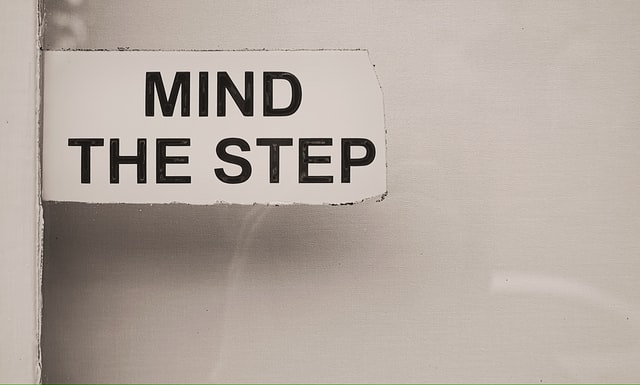This isn’t the first time I’ve written a series centered on the art and strategic process of negotiating. And, I doubt it will be the last. I do it because I figure if I can help people change their relationship with negotiating, then they’ll dread it less. Especially when the stakes are really high.
To catch-up with this year’s musings, you can go here (where I draw the parallel between selling and negotiating); here (where I focus on your style); and here (where I focus on your skills).
Today, I want to take a couple of minutes of your time to share a few useful things to keep in mind.
Context
Context matters with everything, particularly when it comes to negotiating. It affects how you show up and feel, how the other party shows up and feels, and how you each manage the experience and environment overall. Context may be varied and mean many things, but when I raise it, my main focus is this: Do you feel safe – physically, emotionally, psychically, and financially?
Power
Related to context is power. In addition to knowing what you need to feel safe, do you know what you need to negotiate from your place of power? As I said during a recent speaking engagement, “power” could mean making sure you eat beforehand or that you’re standing up when speaking by phone. Don’t let the simplicity of these examples fool you, because they can definitely affect your disposition.
Similarly, never negotiate by email or text. It may seem obvious, but some people will do everything they can to avoid having a potentially awkward conversation. So, they hide behind a screen.
Any emails or text messages pertaining to the matter under negotiation should be to confirm details. But never the starting point or crux of the discussion.
Culture
Culture is also a subset of context, in my opinion. Your culture and the other person’s – whether explicitly or implicitly – will affect the negotiation dance. Be mindful of how your’s influences you. And if you can, do some research to bolster your awareness about the cultural dynamics the other party may be bringing to the table.
Triggers
This may sound crazy, but it helps if you know, in advance, what words, phrases, or tone of voice are likely to piss you off. Having an idea of what may trigger a negative reaction in you will help you to create a counter-response in real time that will net a far better outcome than may occur without this level of insight.
Work From Home (WFH)
Here in New York City things are starting to “re-open.” The Mayor has called NYC employees back to work; JP Morgan Chase did the same as of last week; and several other financial institutions are doing the same, targeting July as the return date.
However, there is likely to still be a sufficient number of people opting for a hybrid of at-office and remote – either due to personal preference, or as a result of office capacity requirements. Therefore, WFH is not going away completely. And neither are the lingering affects of WFH on the dynamics of negotiating. Those happenstance water cooler chats and conversations that happen when you’re the last two people in the conference room are often moments that can give you information you otherwise might not have. To get better at negotiating in mostly remote situations, you must become intentional about cultivating relationships that lead to those unplanned moments.
Discernment
With every negotiation, you learn something new about your mindset, style, and skills. You learn what works or works in certain situations. You also learn what doesn’t.
With every negotiation you strengthen what I describe as your discernment muscle, which is one of those things that (hopefully) gets better over time. And, it is THE skill that will help you know when to:
- Walk away – temporarily or forever
- Be quiet and the let the silence speak and give you feedback
- Bring up money first
- Make concessions
- Pause and slow the process down
- Talk to your ego…and leave it at the proverbial door
Like I said previously, negotiating is a problem solving tool. What’s noted above, individually and collectively, can help you use this tool well. So keep these top of mind as you work to get better at the thing you do every day, in every way!
Pssst…out of curiosity, after reading this post (or the previous three in this series), what will you continue to do, stop doing, start doing, or do differently when it comes to how you negotiate?





